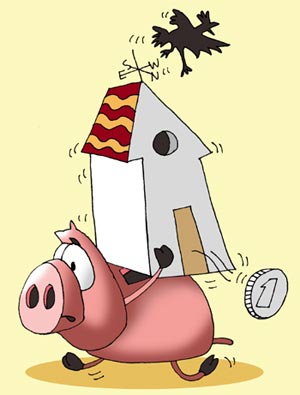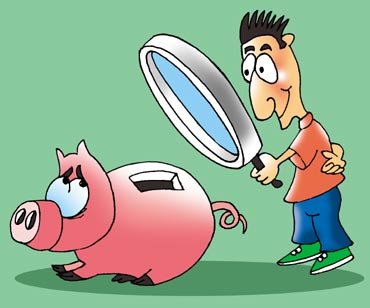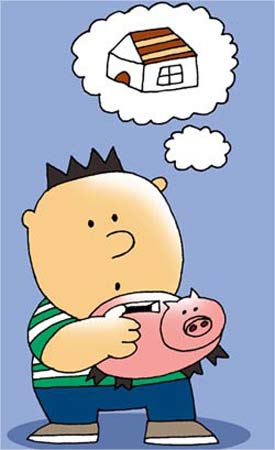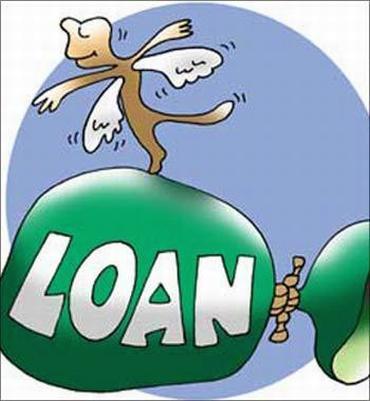
Besides a good CIBIL score, lenders also look at the applicant's ability to pay off the additional debt burden. This is where Yash had a problem.
When Yash Naidu, a Mumbai-based artiste, applied for a home loan he was in for a shock. His loan application was rejected even though he had a CIBIL score of 816.
"It has been observed that most banks are lending home loans to consumers with a credit score of 750 and above," Harshala Chandorkar, senior vice president, consumer relations, had said while responding to an online chat query on home loans on October 21 (Read the chat transcript here).
So, why was Yash's home loan rejected?
"My application was rejected on the grounds that my debt to income ratio was high. A significant portion of my income was going towards servicing my existing student loan. That affected my debt to income ratio," said Naidu.
What is debt to income ratio?
Debt to income ratio (DTI), in simple words, means the amount of debt you have as compared to your overall income.
Kindly click NEXT to know how DTI is calculated
The author is Co-founder and Director Credit Vidya.

Calculating DTI
It is calculated by dividing your total monthly debt payments, including minimum credit card payments, auto loan and student loan payments and any other regular debt obligations by your income.
Kindly click NEXT to know why DTI matters

Why DTI matters?
Some industry experts believe that your DTI ratio is probably as important as your CIBIL score. Lenders look at DTI ratio when they are trying to decide whether to lend you money.
A low DTI shows you have a good balance between debt and income.
Your DTI ratio helps lenders evaluate how much additional debt you can handle and how much of a credit risk you pose.
Ideally, it should not cross 40 per cent of your income. But that 40 per cent is decided based on four factors.
Kindly click NEXT to know know what these terms and conditions are

They are:
Your affordability
Lenders view that a person should be able to live off the remaining 60 per cent they take home as salary. But can you live off that much salary? That is a question you have to answer yourself.
You repayment record
Do not ever miss any payment. Make provision for every EMI you owe, whether it is a credit card debt or home loan. Never miss a single payment.
Do not get into the thought of good debt vs bad debt. about these factors

Consider getting someone to co-sign
That's what Yash did. He got his father to co-sign.
"When they rejected the loan, I got my father to co-sign. I plan to make regular payments for a couple of years. By then I would reduce my overall debt burden, my income would also have increased and thus I would lower my debt to income ratio," said Yash.
Consider taking loan on one person
Try to keep your spouse free of any loan. That way tomorrow if you need to take on one more home loan, there is room for it. This helps in keeping your combined DTI low.
So, keep a tab on your DTI. Be financially aware and ready to take on loan whenever needed.